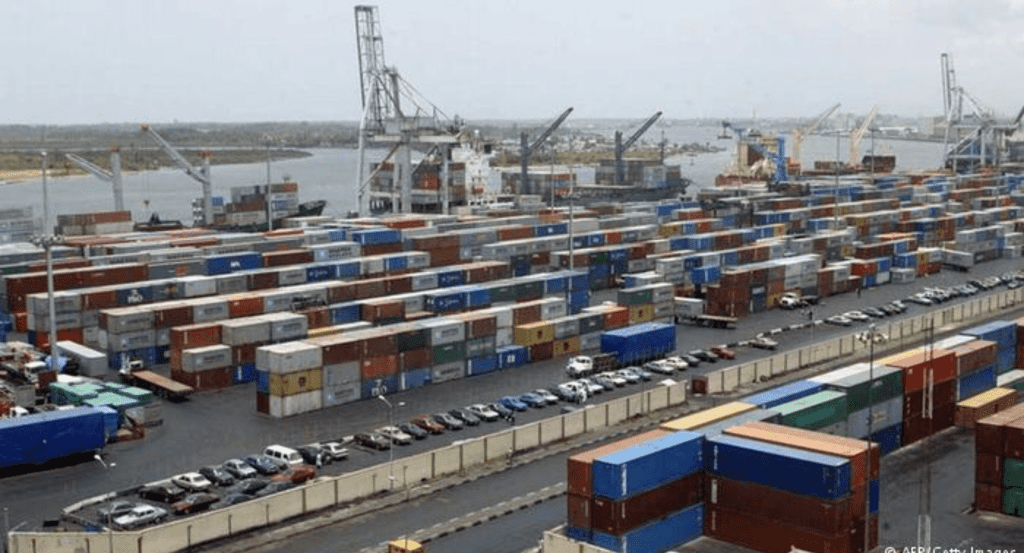Introduction
Nigeria stands at a crucial economic crossroads. For decades, the country has relied heavily on foreign aid, but this approach has done little to foster true economic independence. To secure long-term prosperity, Nigeria must transition from aid dependency to a trade-driven economy. Strengthening local industries, enhancing exports, and creating sustainable policies are essential to breaking free from external financial reliance.
Why Nigeria Must Prioritize Trade Over Aid
Foreign aid has historically provided temporary relief, but it has not addressed the root causes of Nigeria’s economic struggles. Instead of fostering self-sufficiency, continuous aid has created cycles of dependency, weakened local industries, and deterred investment. By contrast, trade empowers nations, encouraging innovation, industrialization, and sustainable development.
The Economic Potential of Trade
Nigeria is rich in natural resources and human capital. The country boasts one of the largest economies in Africa, with a GDP heavily driven by oil exports. However, excessive reliance on oil has proven risky due to price fluctuations in the global market. Expanding non-oil exports, such as agriculture, manufacturing, and technology, can create economic resilience and generate foreign exchange earnings.
Strengthening Local Industries
A thriving domestic production sector is vital to reducing Nigeria’s reliance on imports and boosting exports. Government initiatives like “Export4Survival” by the Nigerian Export Promotion Council (NEPC) emphasize the need for economic diversification. Encouraging local businesses through favorable policies, improved infrastructure, and access to financing will enhance Nigeria’s global trade competitiveness.
READ ALSO: Massive Job Losses Hit USAID-Supported Programs in Nigeria Following U.S. Funding Freeze
Policy Reforms to Facilitate Trade
For Nigeria to succeed in global trade, clear and consistent policies must be established. Tariff structures, tax incentives for exporters, and streamlined customs procedures will improve trade efficiency. Additionally, investing in infrastructure—such as roads, ports, and digital networks—will facilitate the movement of goods and services, enhancing Nigeria’s appeal to international investors.
Addressing Counterarguments
Some argue that foreign aid is still necessary for social programs and humanitarian efforts. While aid can provide short-term relief, it often comes with conditions that limit economic autonomy. Others believe Nigeria lacks the infrastructure to sustain a robust trade economy. However, strategic investments in energy, transportation, and digital technology can overcome these barriers, positioning Nigeria as a formidable player in the global market.
Expert Insights on Trade Over Aid
Dr. Ezra Yakusak, the Executive Director of NEPC, has emphasized that “export expansion is the key to Nigeria’s economic survival.” He advocates for policies that promote non-oil exports, reduce import dependency, and attract foreign investments.
Conclusion
Nigeria must decisively shift from aid to trade to build a self-sufficient and thriving economy. By investing in local industries, reforming trade policies, and strengthening infrastructure, the nation can secure long-term economic stability. The government, businesses, and citizens must collaborate to embrace trade as the primary driver of growth. The time to act is now—Nigeria’s future depends on it.




















